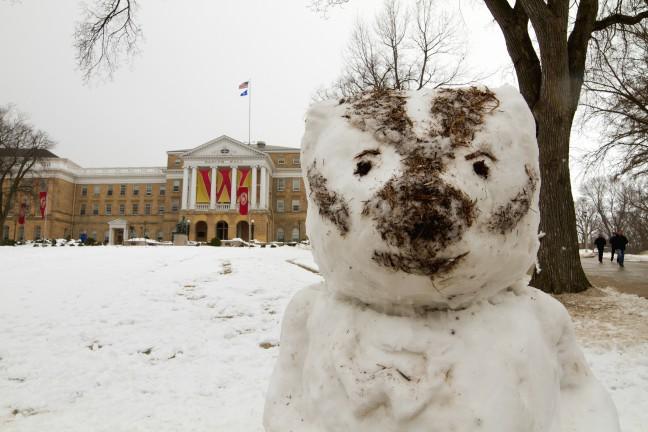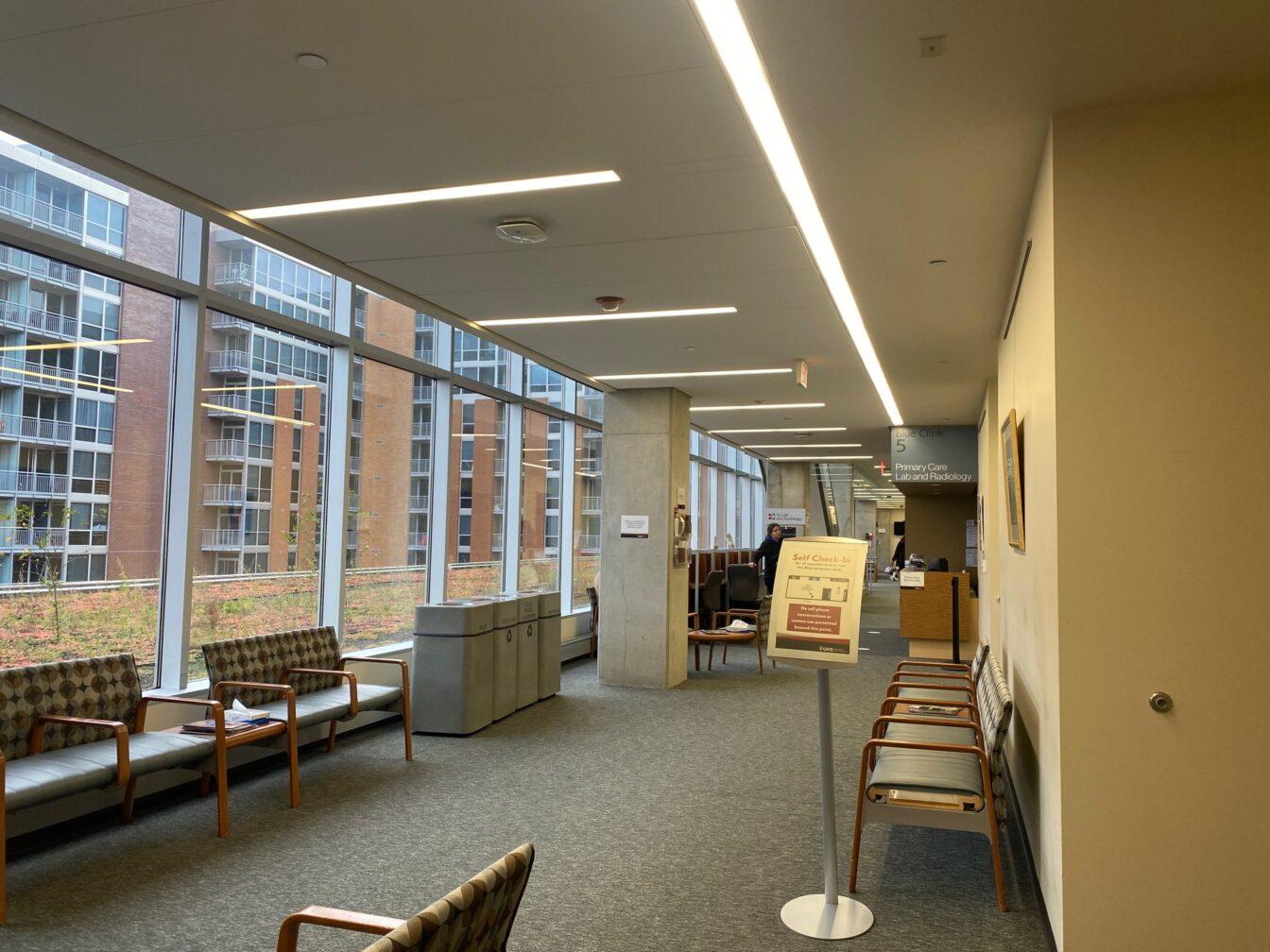A week ahead of the Wisconsin Science Festival, University of Wisconsin is preparing for the arrival of the fall Science Journalist in Residence Latif Nasser.
Nasser, co-host of the New York Public Radio Podcast Radiolab, will be on campus from October 12 to October 14. He is slated to visit classes, meet students and faculty and tour a university fusion experiment. As a part of the Wisconsin Science Festival, Nasser will speak at a Crossroads of Ideas event called “How to Hunt for Stories, and Not Kill Them in the Telling” which will be held October 13 at 7:00 pm.
‘Year in Space’: Astronaut Scott Kelly shares his story at Memorial Union
With a PhD in the History of Science, Nasser will bring his diverse experiences and a unique background for students to learn from, director of media relations and strategic communications at University Communications Kelly Tyrrell said in an email to The Badger Herald.
“Latif brings deep curiosity and an interest in the ways in which aspects of life and the universe are connected. He can speak to producing science stories for a variety of media as well, including radio and podcast and experience in television,” Tyrrell said in the statement.
The Science Journalist in Residence program started in 1986, according to Terry. The goal is to connect the campus community with national science journalists while letting students learn from their experiences and insights.
The program has recently focused on inviting journalists from underrepresented communities and a diverse array of media formats, from podcasting to broadcast and print, according to Tyrrell.
“The program has benefitted UW–Madison journalism and STEM students for many decades and has helped foster stronger relationships with reporters around the country,” Tyrrell said.
Along with co-hosting Radiolab since 2020, Nasser hosted the Netflix series “Connected” which explored surprising scientific connections in the world, wrote for The Boston Globe ideas section and hosted a miniseries called “The Other Latif” which told the story of another man named Latif Nasser who ended up in Guantanamo Bay detention center.
Tyrrell said science and journalism are similar in their attempts to better understand the world.
“Effective science journalism teaches us what we may not have known before, peels back the curtain on the scientific process to invite us in, holds the powerful to account and can help counter misinformation in the world,” Tyrrell said.














